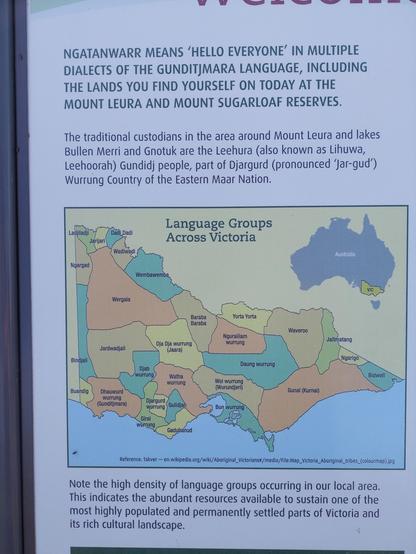Biographers muse on the future of biography when our everyday personal records are stored in electronic formats instead of paper, often ephemeral and other times locked away in obsolete formats or password-locked files: https://www.abc.net.au/news/2025-10-26/biography-ai-algorithm-letters-diaries-digital-world/105923770
Do historians need to learn how to code? Yes. This is why I regarded the ability to code an important part of my toolkit when I was working as a professional historian. Knowing how to use an API to efficiently and effectively search and download digitised records was important in my work. I developed a particular methodology to ensure that I maintained sound standards of evidence gathering.
Government archives have been born digital for quite a few years now. Digital cameras, OCR and databases, blogs and websites have revolutionised the way historians research for quite a few years.
We stopped writing physical letters quite a few years ago. Historians of the future will develop new research techniques to get a glimpse into the past, just as many historians like me have done today. Missing records have always been something historians have to contend with - letters that were destroyed or never written. We have never had a complete record of the past, and that won't change in the future.
#OzHist #DigitalHistory #DigitalHumanities #History
